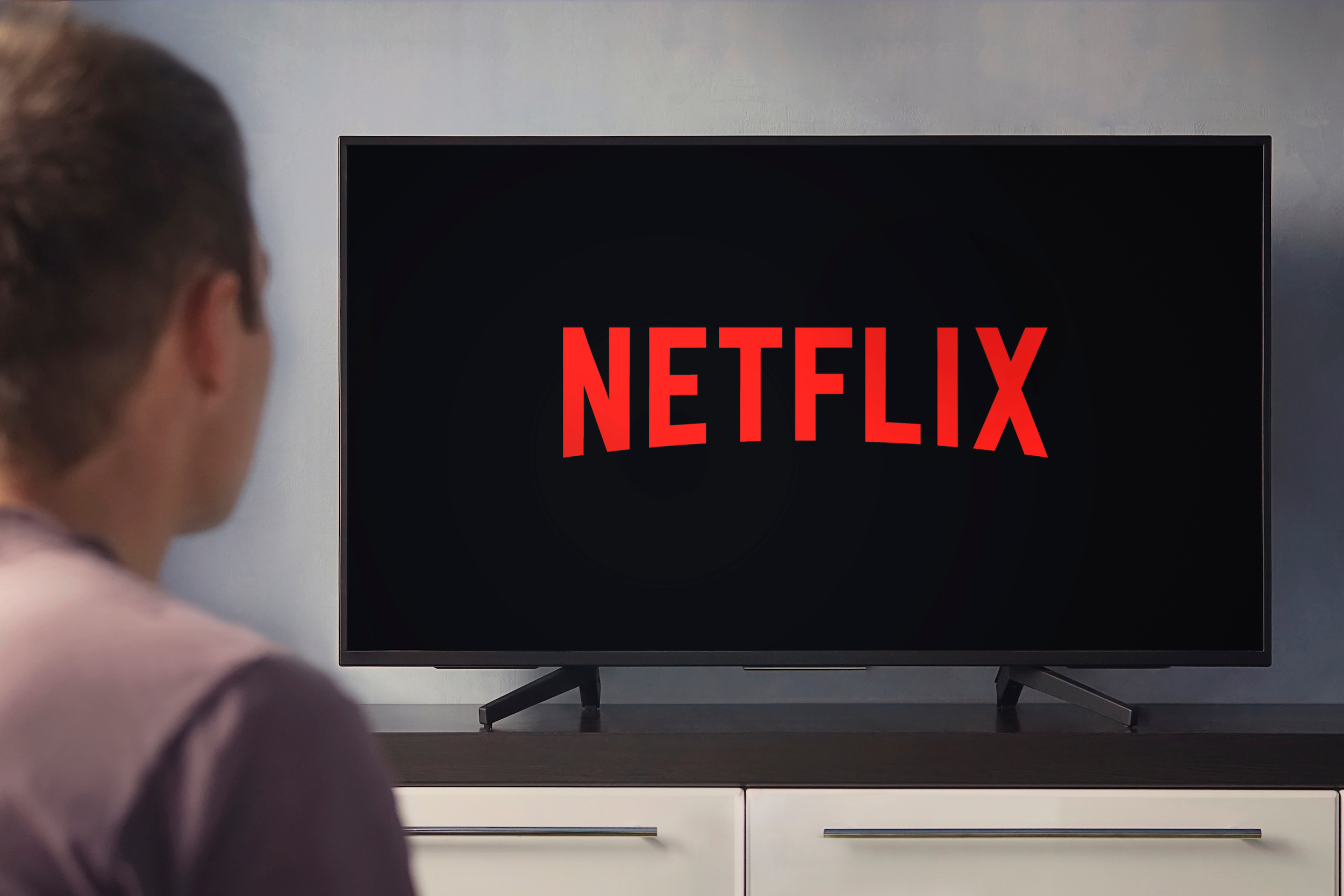Netflix is in trouble — ads and account sharing crackdowns could be next
Netflix's next big choices are very clear to see

Netflix execs are likely waking up with a weird feeling. Because while you'd think they'd wake up on a happy high now that Russian Doll season 2 is finally here, yesterday's news was the kind that ruins all good vibes. Netflix lost subscribers for the first time in more than a decade, and up to 10 times as many may go in the next quarter.
To be specific, the company lost a whopping 200,000 subscribers in the first quarter of 2022. Which, yes, means as many as 2 million people may go and cancel Netflix this next quarter, and drop one of the best streaming services themselves.
So, while this might sound like a piece of business industry news, it's also something that may very likely affect your own Netflix experience (if you're still subscribed). Looking at Netflix's letter to shareholders, we can see that Netflix is developing a two-pronged attack plan to get its groove back (and help get more money to pay for all the best shows on Netflix and best Netflix movies). First, the company's estimates of rampant account-sharing suggest a massive reckoning may be coming in one way or another. Secondly? Well, expect a cheaper new Netflix tier that could be supported by ads.
Netflix has a big account sharing problem
We've seen Netflix's account-sharing crackdown tests happening, so this feels like it was inevitable. But the numbers shared in this document are kind of eye-opening.
At Tom's Guide, we get random statistics from surveys of Netflix users sent to us all the time (one from gambling site time2play claimed that more than 50% of Netflix users use passwords and accounts they don't pay for). And while we sort of expected this was rampant (it's one of our top Netflix hacks to get the most from your subscription), we didn't know how truly big this was.
It turns out that time2play's data may not be that far off. Netflix's letter to share holders claimed that more than 100 million households are using Netflix accounts shared with them from the 222 million households that pay for their account. This violates the rules because Netflix's terms of service state that your account can only be used in your household, no matter how many simultaneous streams (up to four in Premium Netflix) your specific tier gets.
That's 45% of subscribers, and 30 million of those are supposedly in the United States and Canada. Netflix claims this makes it "harder to grow membership in many markets."
Get instant access to breaking news, the hottest reviews, great deals and helpful tips.
How is Netflix going to crack down on account sharing?
Netflix's letter states it's looking into "how best to monetize sharing," which is kind of a polite way of saying "we're trying to find a way to get freeloaders to pay up.
Its first strategy, currently undergoing testing in three Latin American markets is to offer users the option to pay a smaller fee to add additional households. This way, parents in one home could pay $2.99 per month to add their kids in a different home to their account. How strongly Netflix will push such an option — how hard it will force people to it — is to be seen. The company notes that it doesn't think it can 'monetize' all 100 million account-sharees at this moment, but calls this "a large short- to mid-term opportunity."
Netflix with ads now feels inevitable
Netflix, unlike Hulu, Peacock, Paramount Plus and HBO Max, doesn't put ads in its shows and movies. And that may finally change.
As reported by CNBC, Netflix co-CEO Reed Hastings revealed on Tuesday that he's more "open" to the idea than he was previously. This follows a less-interested statement from Netflix CFO Spencer Neumann, who said "Never say never," when it came to ads inserted into Netflix content, and that "it's not something in our plan right now."
Hastings also said an ad-supported Netflix tier "makes a lot of sense," as it would provide a cheaper way to get Netflix. As I wrote about yesterday, inflation and the financial crisis are key factors for why people are canceling streaming services. And while that UK-based survey saw Netflix as being safe from churn (the art of canceling and returning), Netflix definitely seems like it has a problem keeping subscribers.
How would ad-supported Netflix work?
So, if Netflix pulls an HBO Max (which has a $15 per month tier without ads and a $10 per month ad supported tier) and offers a $5-cheaper tier for Netflix Standard? We wouldn't be surprised at all.
Right now, Netflix (especially at its $20 per month 4K UHD Premium tier) is the most expensive streaming service around — and clearly people aren't happy with how much it charges (which only got worse after the Netflix price increase announced in January of this year).

Henry was a managing editor at Tom’s Guide covering streaming media, laptops and all things Apple, reviewing devices and services for the past seven years. Prior to joining Tom's Guide, he reviewed software and hardware for TechRadar Pro, and interviewed artists for Patek Philippe International Magazine. He's also covered the wild world of professional wrestling for Cageside Seats, interviewing athletes and other industry veterans.
